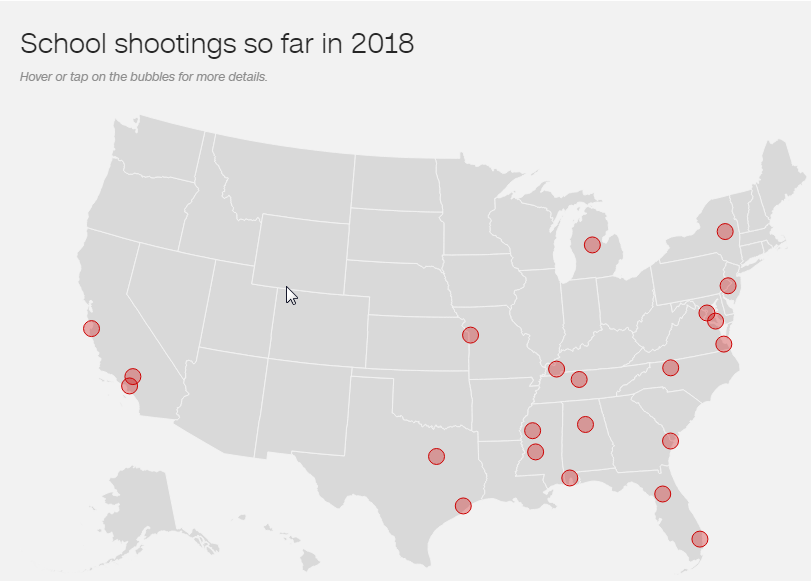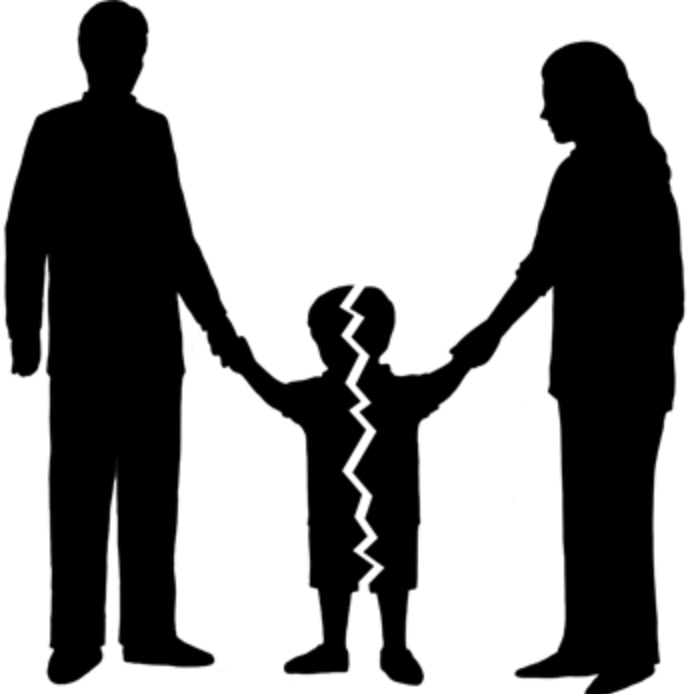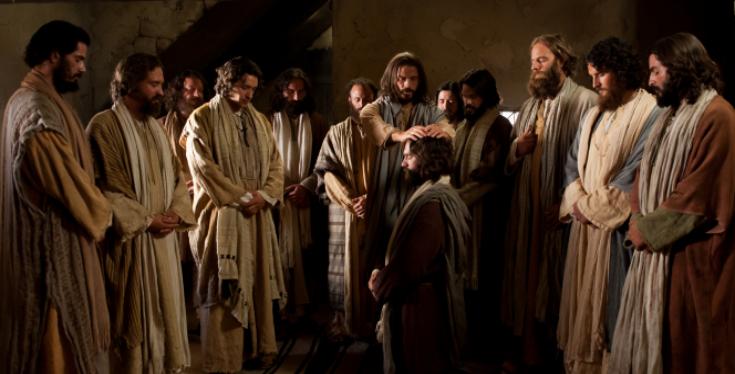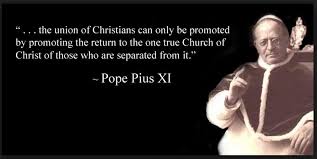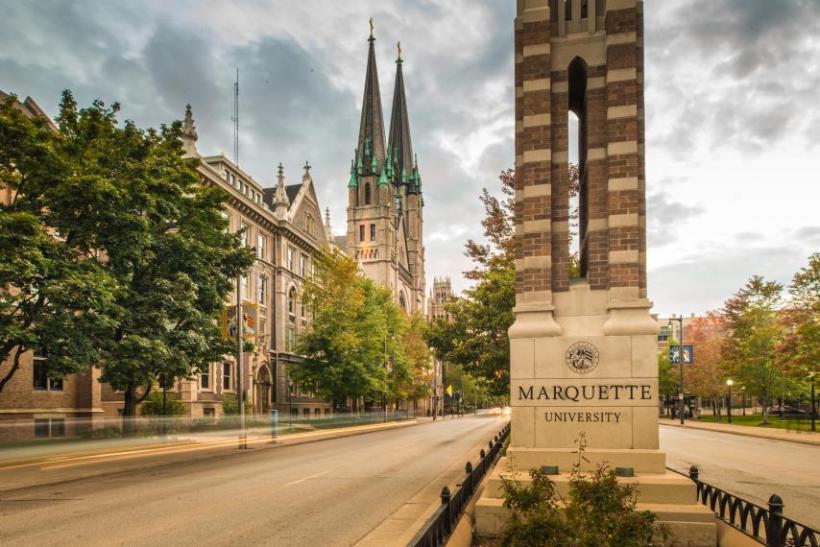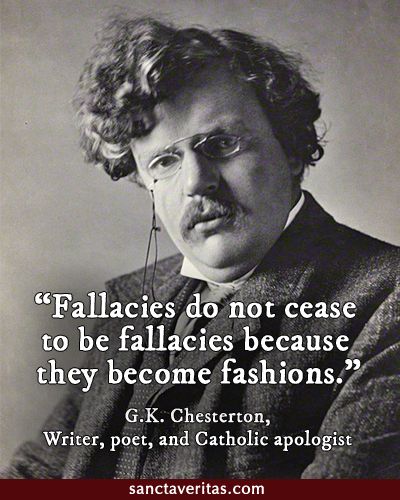There is a debate among some of the more liturgy-minded Catholics about which form of the Mass is better. The pre-Vatican II form of the Mass, now called the Extraordinary Form, has some very distinct differences between the post-Vactican II form of the Mass, called the Novus Ordo. Below is a table showing some of the differences:
Said in Latin
Priest faces alter
Priest alone distributes Communion
Communion received kneeling at rail on tongue
16 genuflections during Mass
Said in vernacular
Priest faces congregation
Priest and Lay Ministers distribute Communion
Communion received standing in line on tongue or in hand
3 genuflections during Mass
Although it had been 10 years since I attended an Extraordinary Form Mass, I had always thought it was a great mistake to switch to the Novus Ordo. I believed, and still do believe, that many of the changes that were made were well intentioned, but have had negative unanticipated side affects. So even though I’d only attended one Extraordinary Form Mass in my life (about 10 years ago), I found I had great nostalgia for it.
Last weekend, the feast of the Holy Trinity, my family finally took the half hour trip to downtown Milwaukee to attend the Extraordinary form of the Mass. In the Milwaukee area, the only church that I am aware of that does the Mass in its Extraordinary form is Saint Stanislaus.
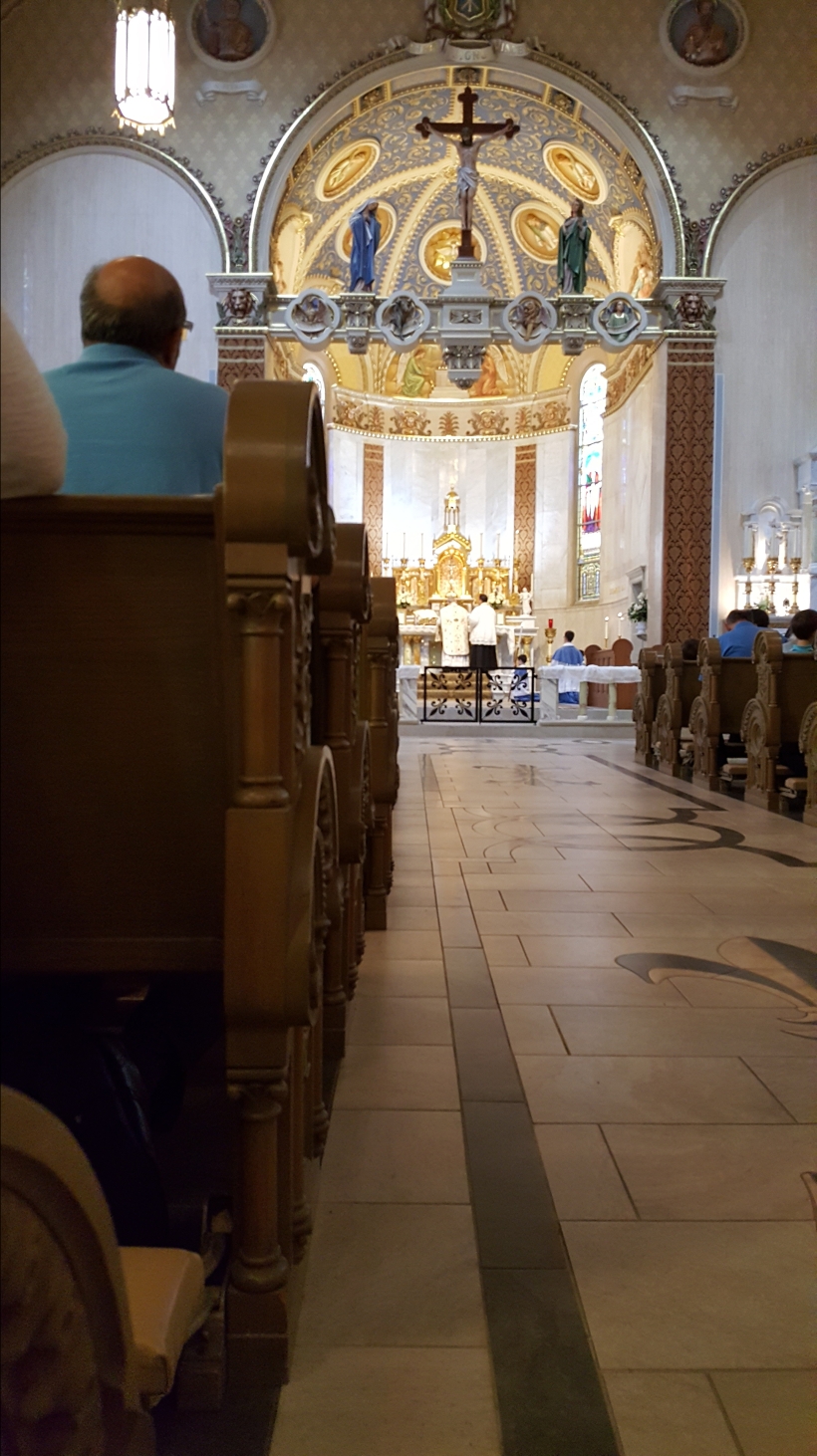
I noticed some things immediately:
- The Mass showed far more reverence for the Eucharist than any Novus Ordo Mass I’d ever attended.
- The music was amazing. Obviously this isn’t dependent upon the Mass form used, but I do believe that the Extraordinary Form prioritizes Gregorian Chant. I can’t imagine how many hours the choir must practice each week.
- Receiving the Blessed Sacrament kneeling at the Communion Rail felt far more appropriate.
- I often didn’t know what was occurring. I saw many people following along in their Missals, but I didn’t have one. Even if I did, it would take some practice to follow along.
- The priest prayed very quietly, almost as if he was mumbling. Again, this made it hard to follow.
- The alter servers really seemed to understand that they were part of something miraculous. Even though they were young boys they treated the liturgy with the utmost respect.
- Lastly, the church itself was incredibly beautiful. I realize this isn’t specific to the Extraordinary Form itself, but I believe it conveys the beliefs of the congregation. With the Extraordinary Form they see God in a majestic manner, and they make sure the Church is a fitting place for the Sacrament of the Eucharist to take place.
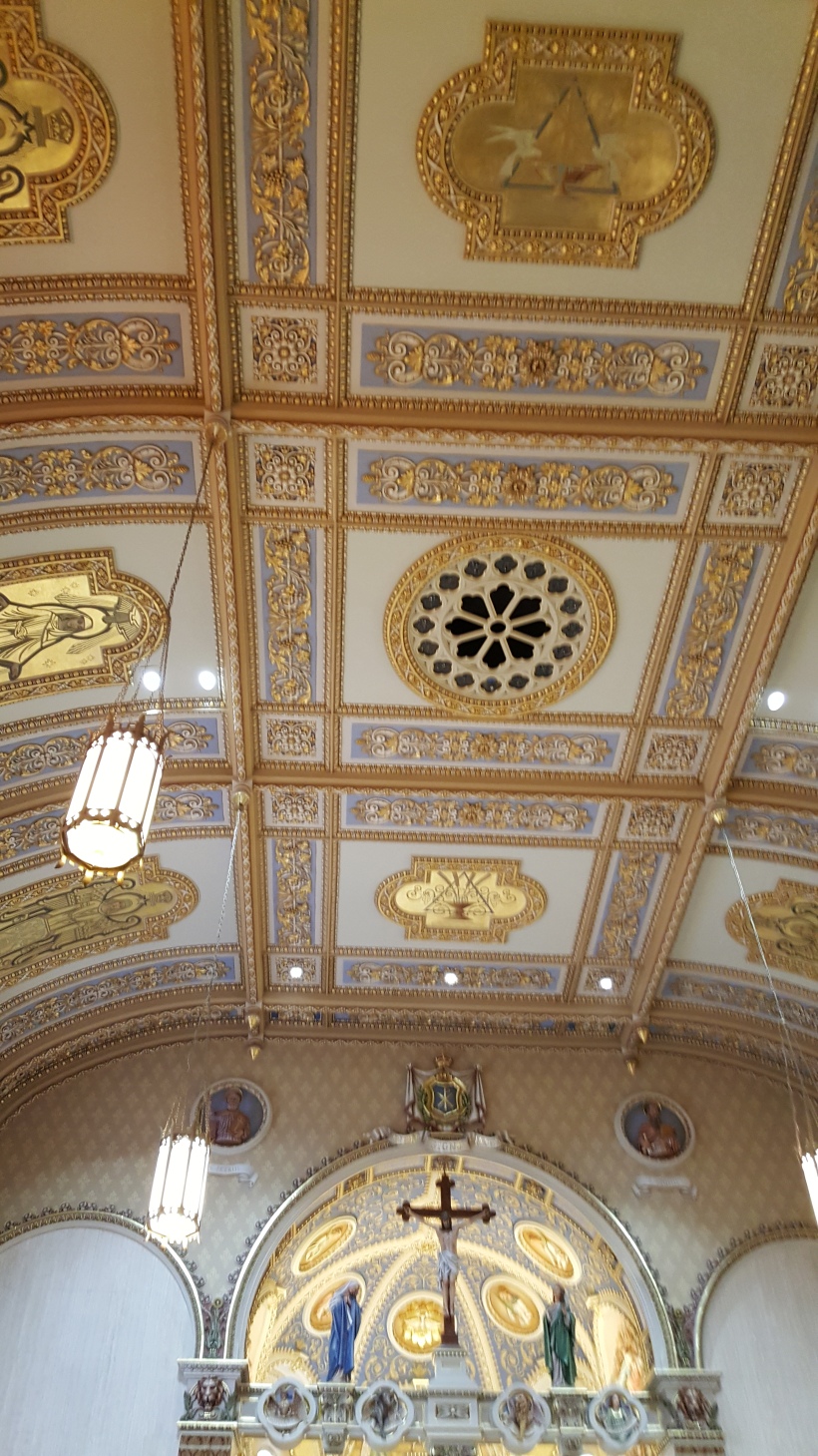
In terms of the experience, I did come away a bit disappointed. I expected the Extraordinary Form of the Mass to be the solution to many of the liturgical abuses going on in many Catholic Churches today. However, I can now see why the Vatican Council decided the liturgy was in need of reform. The presentation of the Mass is very hard to follow and I don’t think that is necessary or good. I can see why they would want the congregation to be more involved. However, as I stated above, I believe they went too far.
I would love to see a hybrid of these two Mass types become the norm for our Eucharistic Liturgy. We are clearly in need of more reverence for the Eucharist, so I would bring back the Communion Rail and do away with Extraordinary Eucharistic Ministers. The Eucharist is precious and there is no reason for us laity to touch it, except during reception. I would also prefer the priest to face the alter instead of the congregation, at least for the majority of the Liturgy of the Eucharist. I see far too many priests who appear to be praying at the congregation, or even worse, trying to entertain them during the prayers in the Novus Ordo. I’m sure many of the prayers have changed too. I would bring back as much as possible that would allow for genuflections during the liturgy. We need to treat God as God, and that means frequent kneeling.
However, I do like that most of the Mass is now in the vernacular, English for us. I wouldn’t mind a bit more Latin than we have now, just to remind us of the ancient sources of the Mass. But we should be able to understand the majority of it in our native tongue. I don’t mind having the laity assist with the first and second readings, though they should be dressed like they’re meeting a king. I like that the laity is able to understand and participate in more of the prayers, such as the entrance antiphon and the creed.
I believe as the liturgy goes, so goes our faith. I hope the Church will start to realize that many of our current challenges can be solved by renewing our liturgy so it focuses more on God and less on us.


